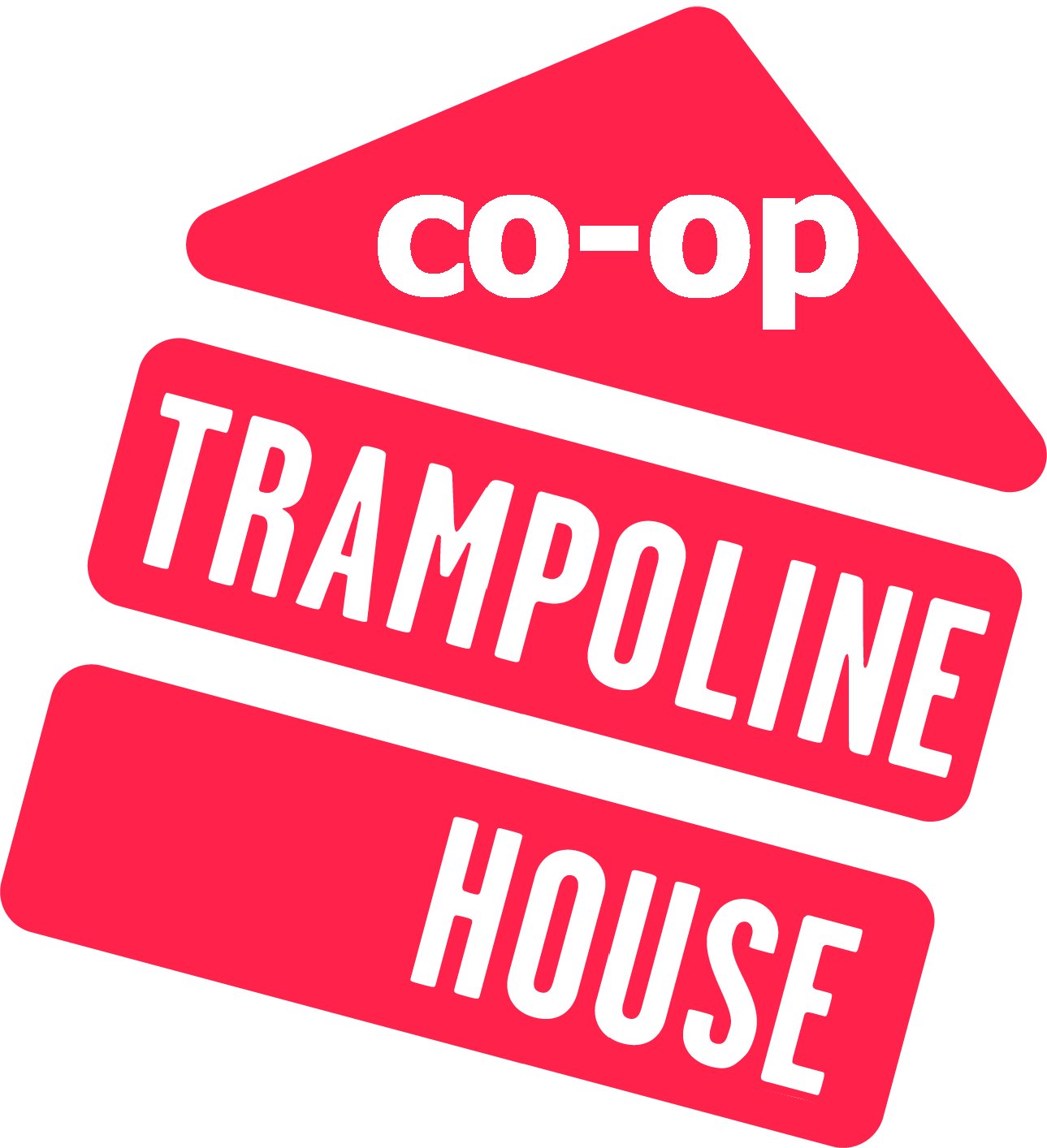Rejected asylum-seeking children and youth mal-thrive massively in the Danish deportation system!
They mal-thrived in the notorious Deportation Center Sjælsmark, which from 2016–20 housed rejected asylum-seeking families with children in a former worn-out and depressing military barrack with freedom restrictions that no other children in Denmark live under. And they also mal-thrive in the new family Deportation Center Avnstrup, which was established in 2020 to offer better facilities and care for the children.
The children and young people live a life in a state of emergency, which openly disregards their right to life and development – and many have symptoms of anxiety, insecurity, and hopelessness. This has been noted by a large number of NGOs, most recently by the Danish Red Cross, which in April issued a report on the children's mal-thriving in Deportation Center Avnstrup.
The refugee community center Trampoline House, which for many years has fought to ensure better legal rights and living conditions for rejected asylum-seeking families with children in cooperation with the families, is inviting the public to a big community meeting against this background. Together with a wide circle of NGOs, grassroots, researchers, and rejected asylum-seeking families, we will discuss: What do we know about the causes of mal-thriving among the rejected children and youth? How do we improve legal rights and living conditions for this group of children and their families? And how do we create political action?
Everyone is welcome! Please register here: nabila@trampolinhuset.dk (registration on a first-come, first-served basis)
Program
The community meeting is divided into two parts. The first part examines the mal-thriving of rejected children and youth and its causes – and presents various recommendations for how we improve legal rights and living conditions for rejected asylum-seeking families with children. The second part discusses how we can translate the various recommendations into political action in order to create real changes for rejected asylum-seeking children and youth in Denmark.
Part 1:
15–15:10: Welcome and introduction
Morten Goll (program coordinator, fundraiser, and administrator in Weekend Trampoline House) says welcome and introduces the community meeting.
15:10–15:20: The Danish Red Cross' snapshot of the well-being of children and youth in Deportation Center Avnstrup
Sólveig Gunnarsdóttir (psychologist in the Danish Red Cross Asylum Department) presents the conclusions of the Red Cross' new “Rapport om børnenes trivsel på Udrejsecenter Avnstrup” ["Report on the well-being of the children in Deportation Center Avnstrup"] and its seven recommendations.
15:20–15:30: Testimony and recommendations from the Tuesday Group
Nynne Roberta Pedersen (general manager of Weekend Trampoline House and activist in the Tuesday Group) talks about the Tuesday Group's many years of offering activities and counseling to the rejected children, first in Deportation Center Sjælsmark and later in Deportation Center Avnstrup, about the group's experience of the children's mal-thriving, and the group's recommendations to counter the mal-thriving.
15:30–15:40: Adolescence in a state of emergency
Milan, a teenager living in Deportation Center Avnstrup, explains how it feels to be unwanted in Denmark and to live as a rejected youth in a deportation center for an indefinite period. How do children and youth live with the fear of being forcibly deported? What education do children and young people receive in the Danish deporation system? And what are their wishes for the future?
15:40–15:50: "You take your children hostage – why don't you just return to your country of origin?"
Evelyn Zetang (parent accommodated in Deportation Center Avnstrup and volunteer at Weekend Trampolinhuset) talks about how many years in the asylum and deportation system affects parents’ parenting skills negatively, why she and many other parents in Avnstrup are unable to leave Denmark and the deporation system voluntarily, and what changes she wants for rejected families with children.
15:50–16:00: All children have the right to family, life, and development
Mette Roerup from the grassroots movement Grandparents for Asylum talks about the movement's long-standing efforts to support and relieve the rejected children and their parents, and why the UN Convention on the Rights of the Child should be incorporated into Danish law.
16:00–16:10: Why are temporary residence permits the only viable solution for rejected children unable to be forcibly deported?
Nabila Saidi (social coordinator in the Weekend Trampoline House), who herself spent 12 years in different asylum and deportation centers before she and her daughter received a residence permit, talks about the Trampoline House's work for the rejected families with children and the house's recommendation to grant temporary residence permits to families with children unable to be forcibly deported.
16:10–16:25: Coffee break and screening of Shakira Kasigwa Mukamusoni's video The Chain of Asylum, part 1 (2022).
Part 2:
16:25–16:35: A pragmatic, solution-oriented approach to stuck asylum cases
Michala Clante Bendixen (chair person of the association Refugees Welcome) presents some of her recommendations for how to create sustainable solutions for rejected asylum-seeking children and their families from her report "A firm hand – Denmark's policy on rejected asylum seekers and return" from 2021.
16:35–17:00: Community debate with coffee and cake: From recommendations to political action
Community debate with the presenters and the audience. How do we translate the various recommendations into political action and create real changes for rejected asylum-seeking children and youth in Denmark?
Language & Moderators:
The community meeting is held in Danish and English with simultaneous translation, and is moderated by Michelle Keun-Rasmussen (legal counselor in Weekend Trampoline House) and Shakira Kasigwa Mukamusoni (board member and volunteer in Weekend Trampoline House).
Further information:
For questions, please contact Nabila Saidi (social coordinator at Weekend Trampolinhuset) at nabila@trampolinhuset.dk or (+45) 26 83 83 76.
Photo: Lars Vibild

